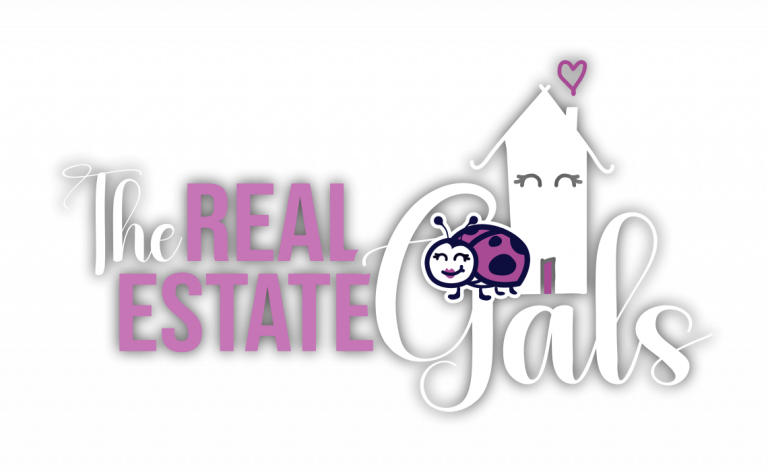With bidding wars and skyrocketing house prices, home ownership can feel like a distant dream for many. And for those with little or no credit or the self-employed, it can seem downright impossible.
When I divorced after 17 years of marriage, I had no credit. Everything had been in my spouse’s name. So, when I went to buy a home, I ended up having to go with a more expensive C-lender mortgage option. At that point I had never heard of rent-to-own, but I truly wish I had.
What is Rent-to-Own?
In a rent-to-own arrangement, you pay rent to an investor who buys a home that you like. You are the tenant of the property and a portion of your rent goes toward your down payment for the home. Rent-to-own agreements include both an “option to purchase” and a lease agreement. The lease agreement specifies the term of the “rental” and is typically from 3 to 5 years.
The “option to purchase” includes an agreed-to purchase price of the home at the end of the lease, along with other details of the agreement such as how much of the rent goes towards the down payment.
The idea behind this type of agreement is to give you time to both build up a down payment and repair or build up your credit. At the end of the lease, you should then be in a better financial position to secure a more conventional mortgage for the property.
What’s the catch?
Like any legal contract, it is important to understand all the conditions, so never sign one without having it reviewed by a lawyer. That said, there are some general terms you should be aware of with rent-to-own agreements:
- If you decide not to purchase the property at the end of the lease, you lose all the equity you’ve put into it (i.e., the money that was going toward your down payment).
- As the purchase price is determined at the start, if the value of the property declines during your lease period, you may be paying more for the property than it’s worth at that time (and a renegotiation may not be possible). It works the other way too, though. If prices go up, you have an even better asset!
- If you miss a rental payment or don’t pay on time you may lose your right to purchase the property. Many investors do this program to help people, but not all. Who you work with in this arrangement is very important.
Does this limit my options?
Rent-to-own agreements can be made on any type of residential property – from single family homes to condos. Essentially, any property for sale can become a rent-to-own. It’s best to work with a real estate agent familiar with rent-to-owns as they can connect you to an investor who then buys the property and sets up the rent-to-own agreement with you.
I saw a huge need for this type of option and wanted to partner with a company who cares. Companies like Clover Properties make this entire process easier and ensure you understand all aspects of the agreement. If you want to learn more about this path to home ownership, get in touch with me today.

